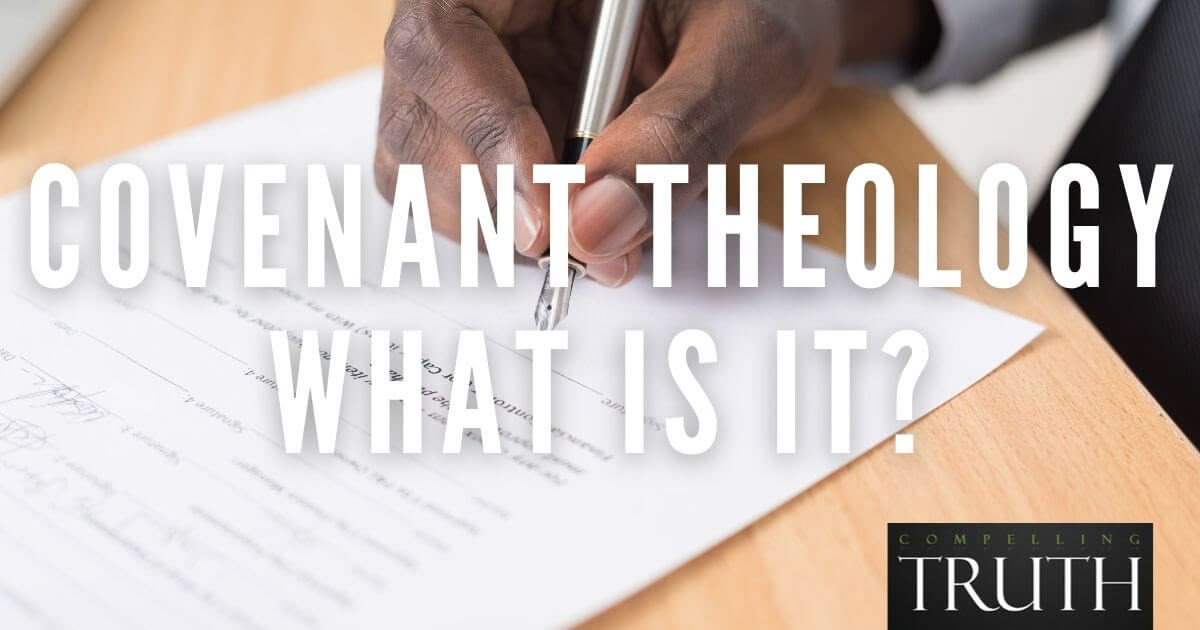what does the bible say?
The Abrahamic covenant (Genesis 12:1-3) is a unilateral covenant that God made with Abraham. A unilateral covenant is an agreement made between two parties, in which only one of the parties has responsibility to act. In the case of the agreement between God and Abraham, God was the only one who was required to act, making it a unilateral (or unconditional) covenant. In the Abrahamic covenant, God promised Abraham land, descendants, and blessings for all nations through his lineage. God alone bore the responsibility of fulfilling this covenant, as shown when He passed between the sacrificial pieces while Abraham slept (Genesis 15). The Abrahamic covenant includes promises of the land of Canaan, numerous descendants, and global blessings, which are ultimately fulfilled in Jesus Christ. Despite human failings, the covenant remains unconditional and everlasting, reaffirmed throughout Scripture. Its significance extends to all people, offering redemption and access to God’s kingdom through faith in the Messiah (Romans 11:25-27; John 3:16-17).




